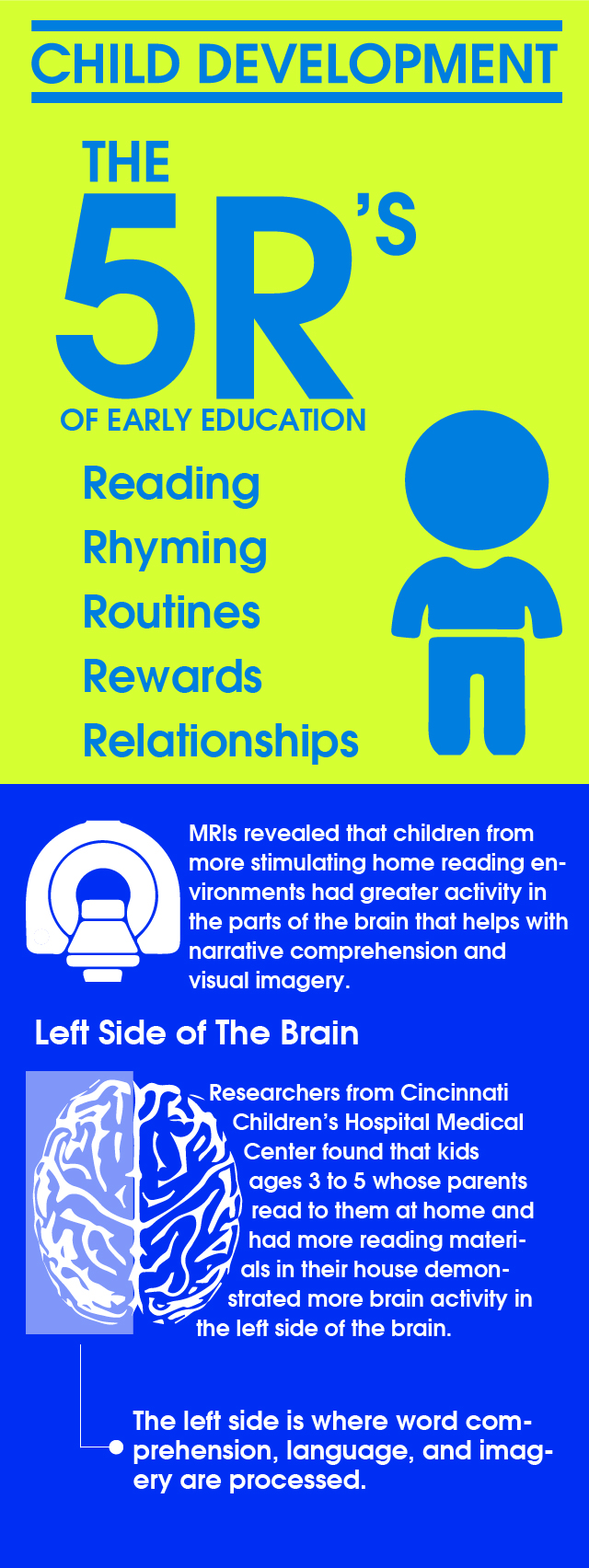Blog Articles>
Scientific Evidence Shows Reading To Kids Changes Their Brains for the Better
Topics: Benefits of reading
Over the last 50 years, scientists have found empirical evidence demonstrating that reading to children positively effects oral language readiness, vocabulary, and literacy. Teachers and academics have always known the positive effects of reading to preschool age children. Recently, science has joined in support by using modern technology to further back this long held belief. However, for the first time, researchers have found that reading affects brain function. In a study published in Pediatrics, researchers used magnetic resonance images (MRI) to study the brains of 19 3-to 5 year old kids.
According to the Huffington Post , “The MRIs revealed that children from more stimulating home reading environments had greater activity in the parts of the brain that help with narrative comprehension and visual imagery. Their brains showed greater activity in those key areas while they listened to stories.” Although the study was done on a small scale, it provides strong evidence that reading to children has positive biological effects on a child’s brain. Because of this and other studies, The American Academy of Pediatrics recommends that parents read to their kids as infants, even if it’s just a for few minutes. The positive effects are now well known and are supported not only by teachers and parents, but by science.

Quackenworth specializes in mobile games for kids and educational websites. Our mission is to develop fun products that teachers and parents can use to educate and enrich the lives of children and young adults. Click here to learn more about Quackenworth's apps for kids.